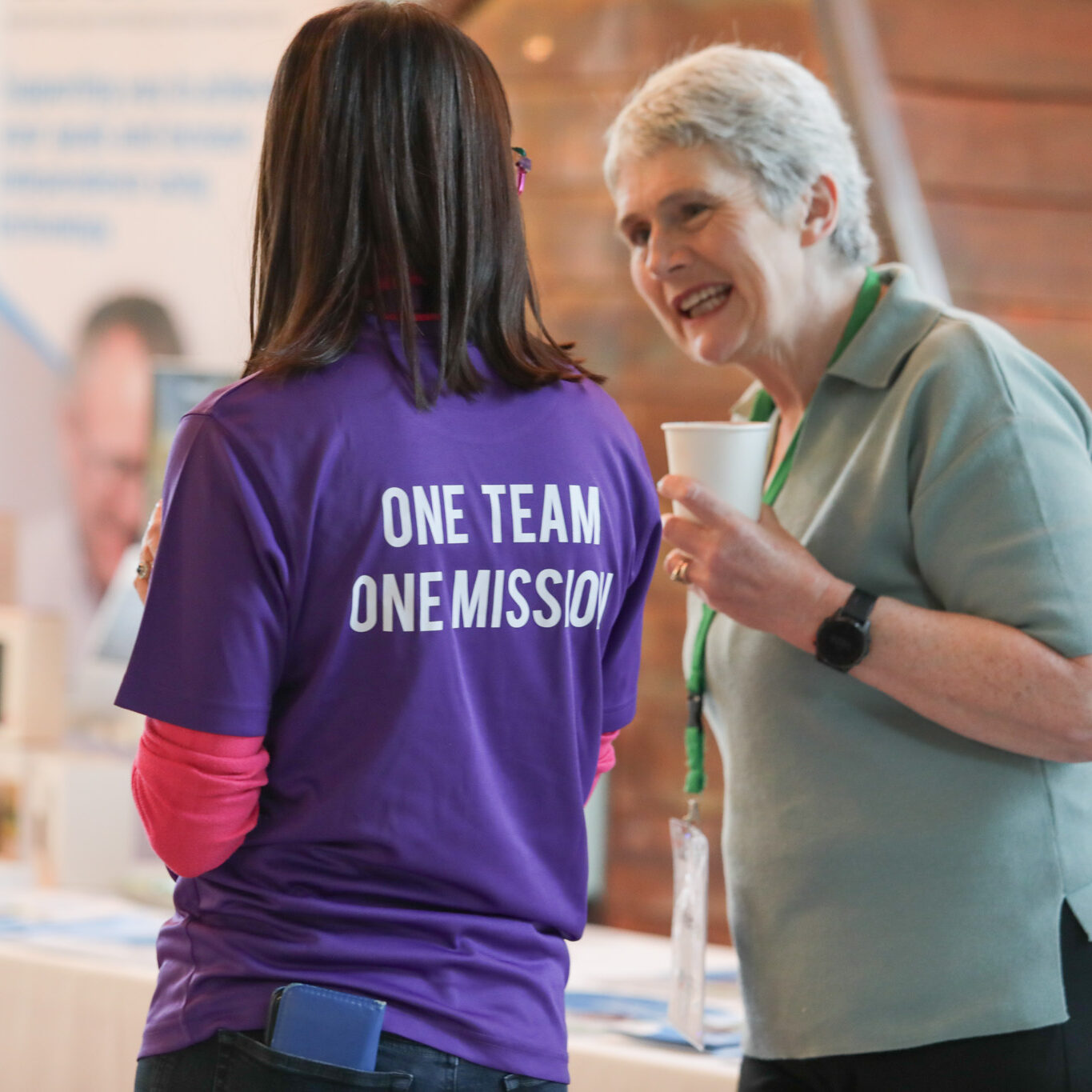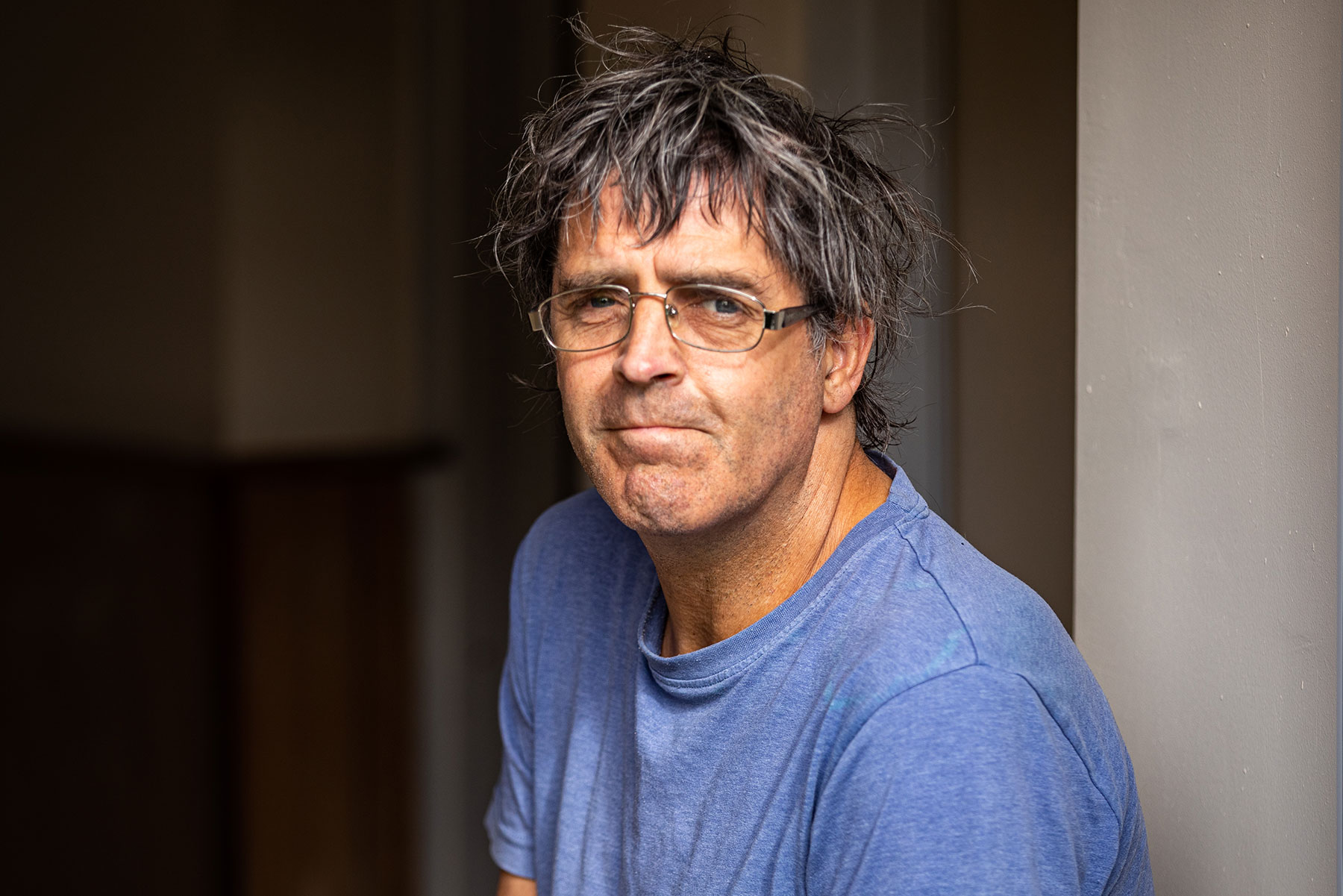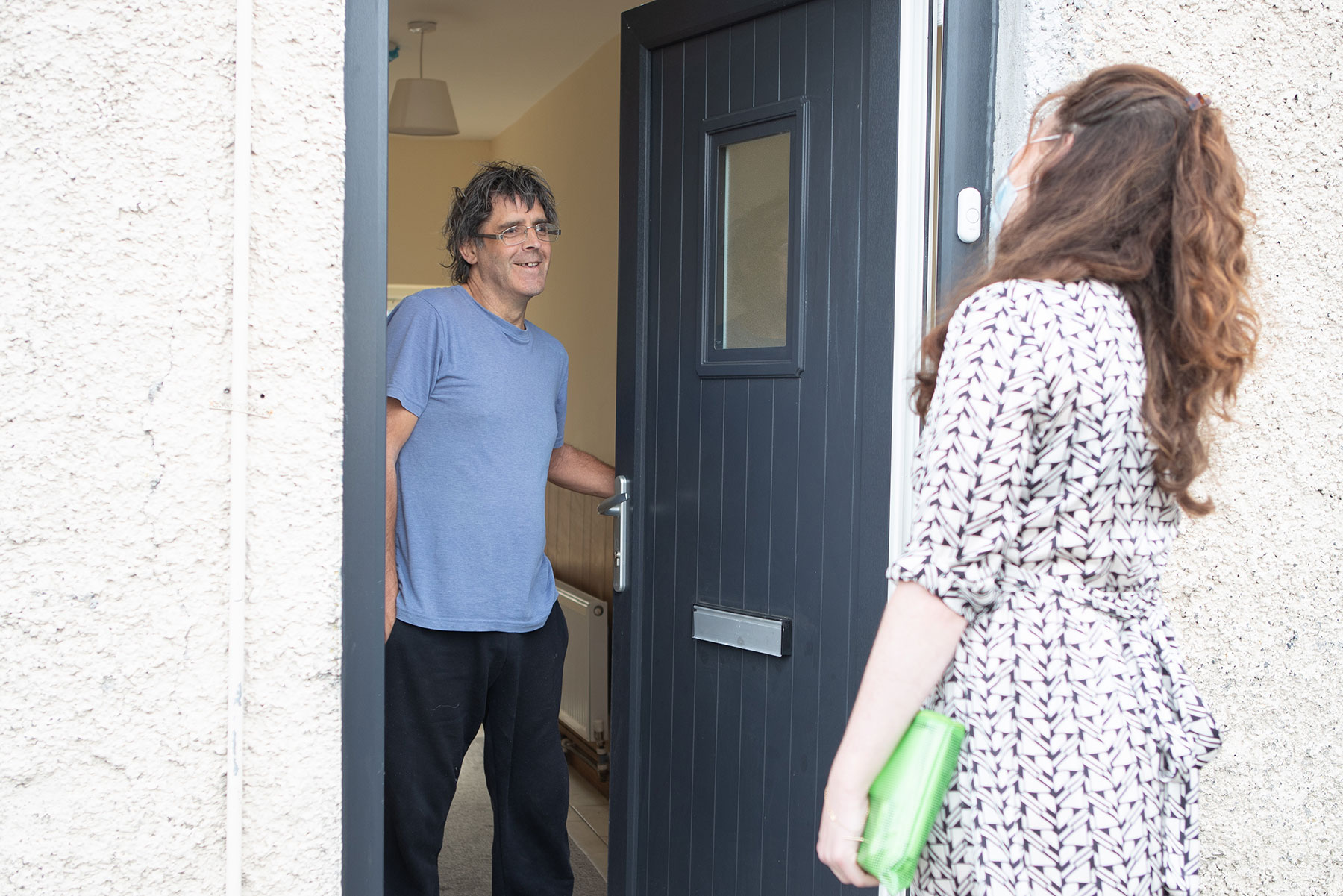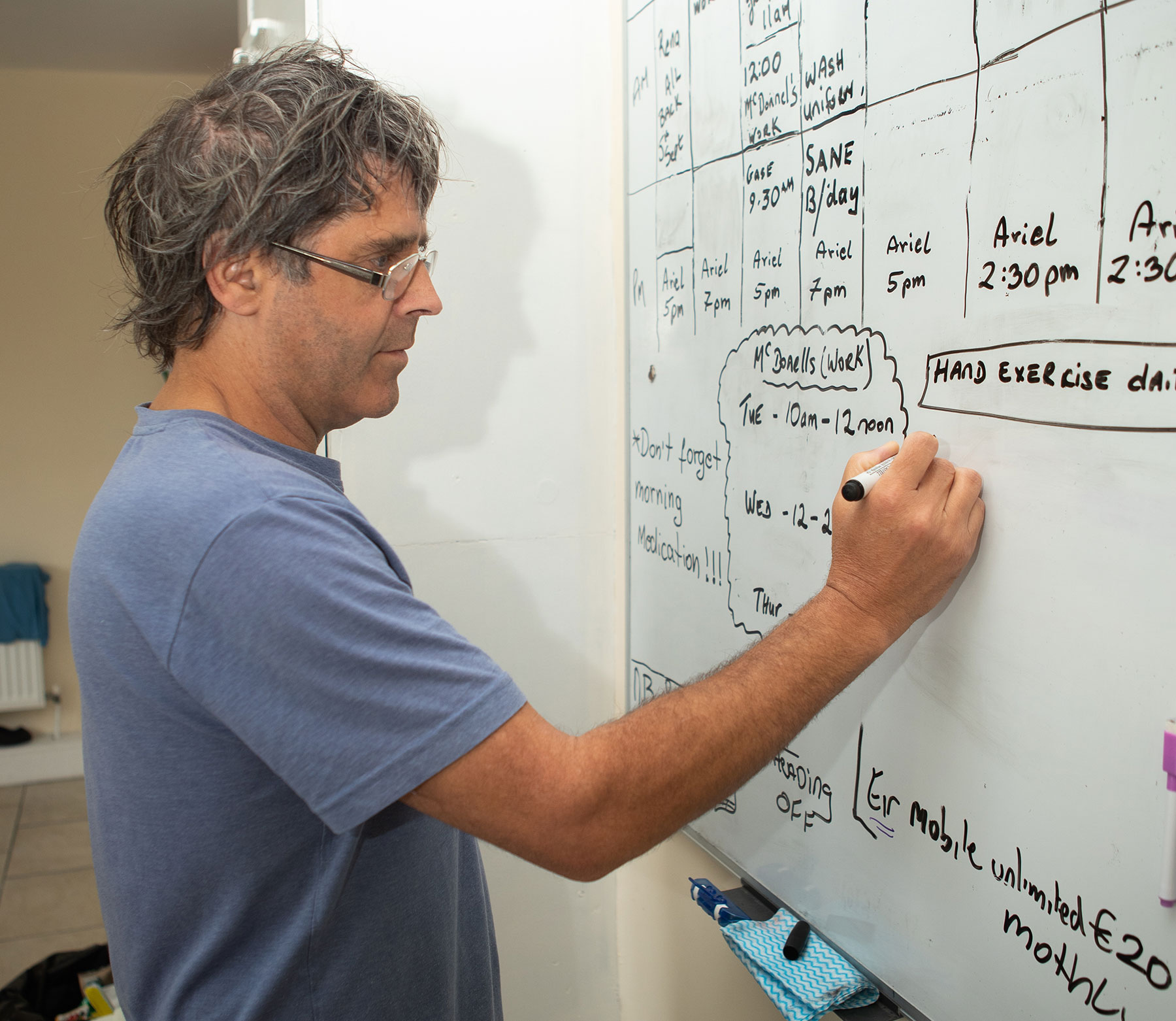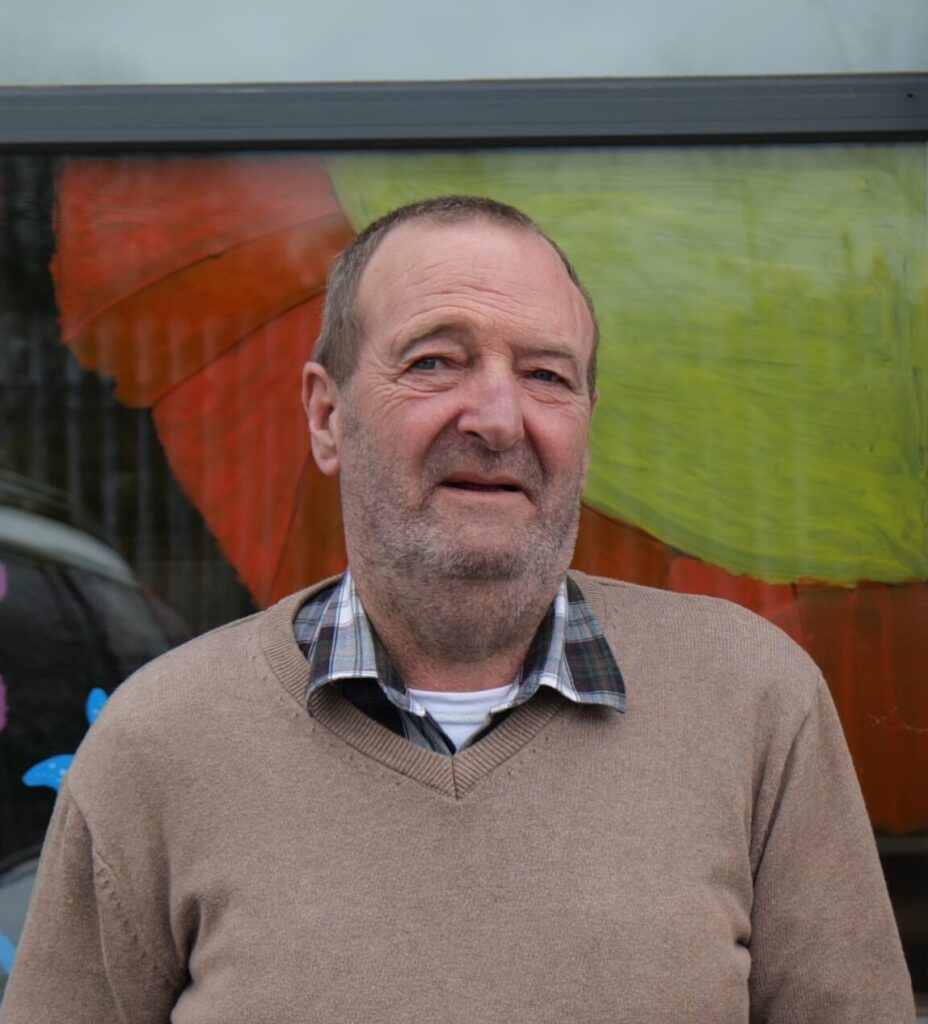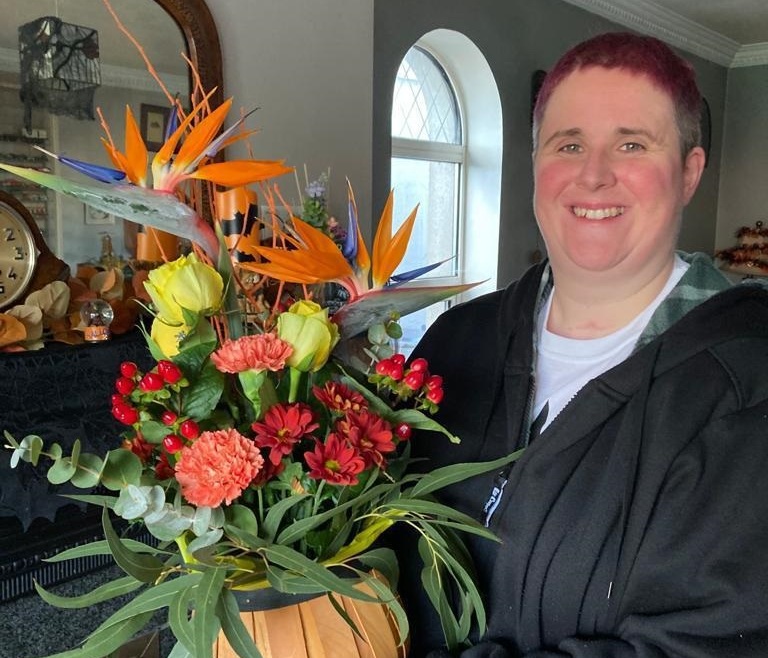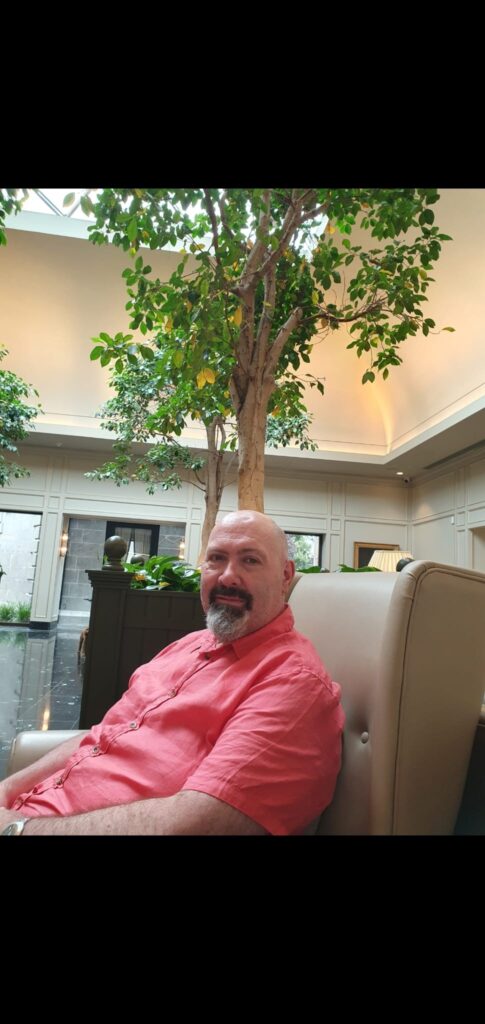My balance was all over the place and I kept having falls. I couldn’t use my left hand or left leg. I couldn’t dress myself. I couldn’t figure out buttons or shoelaces. I had been self-employed as a panel beater, but that all changed too. I still find it hard to give anything my undivided attention. It’s getting better all the time, but I’m not out of the woods yet.
After my stroke I spent about 9 months in a hospital, and then went straight to a nursing home. I lived there for 3 or 4 years. I was only 49. At the time I felt completely lost. I’m a worrier. I was worried about not being able to talk, and not being heard. I was worried that I didn’t have a role or a meaning after my brain injury, because I couldn’t talk. In the nursing home I didn’t have the opportunity to practice talking. Everything is done for you. I couldn’t even think. I felt forgotten about. One of my biggest fears was that I would be left there.
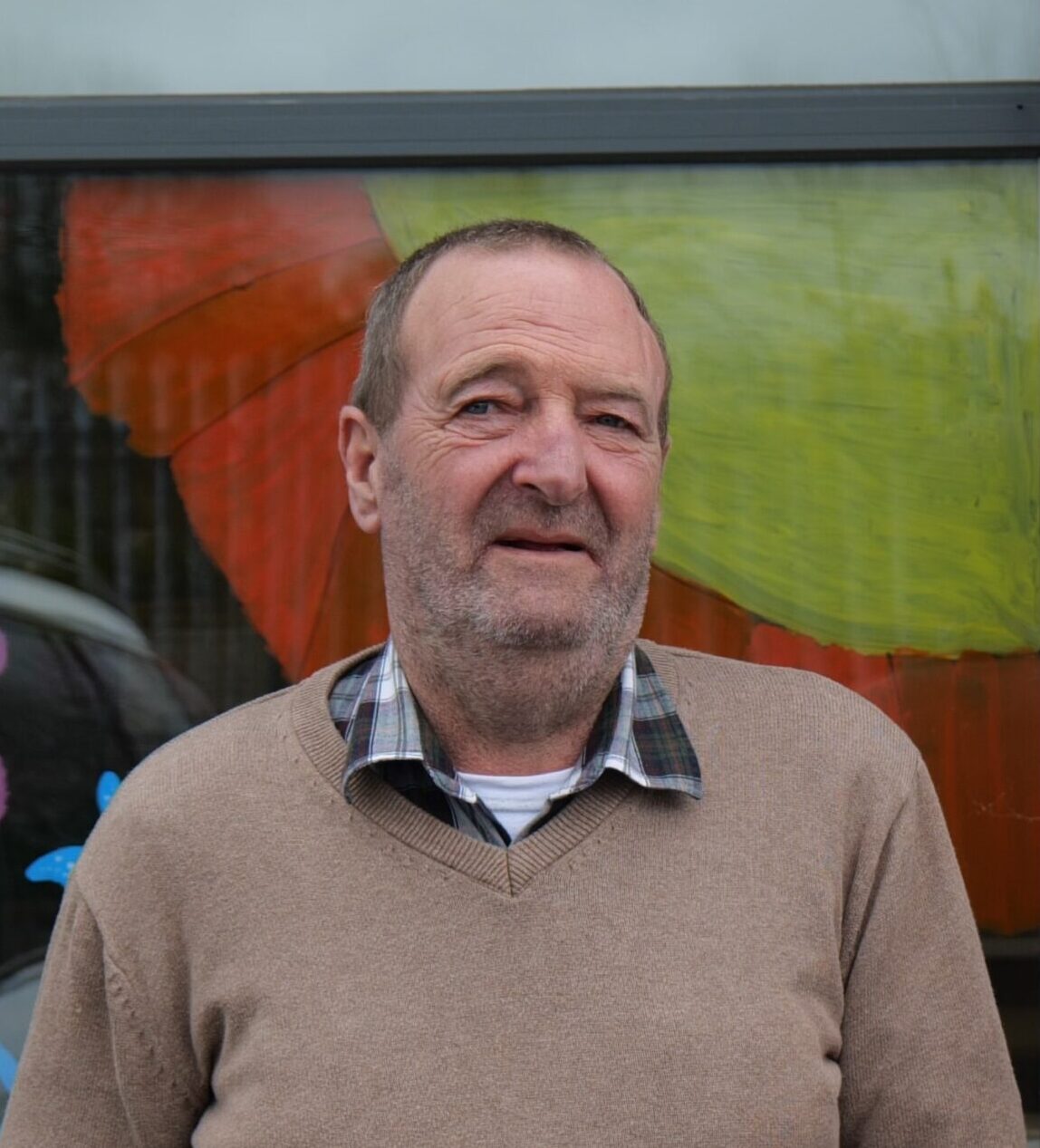

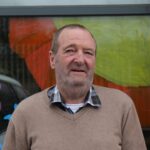
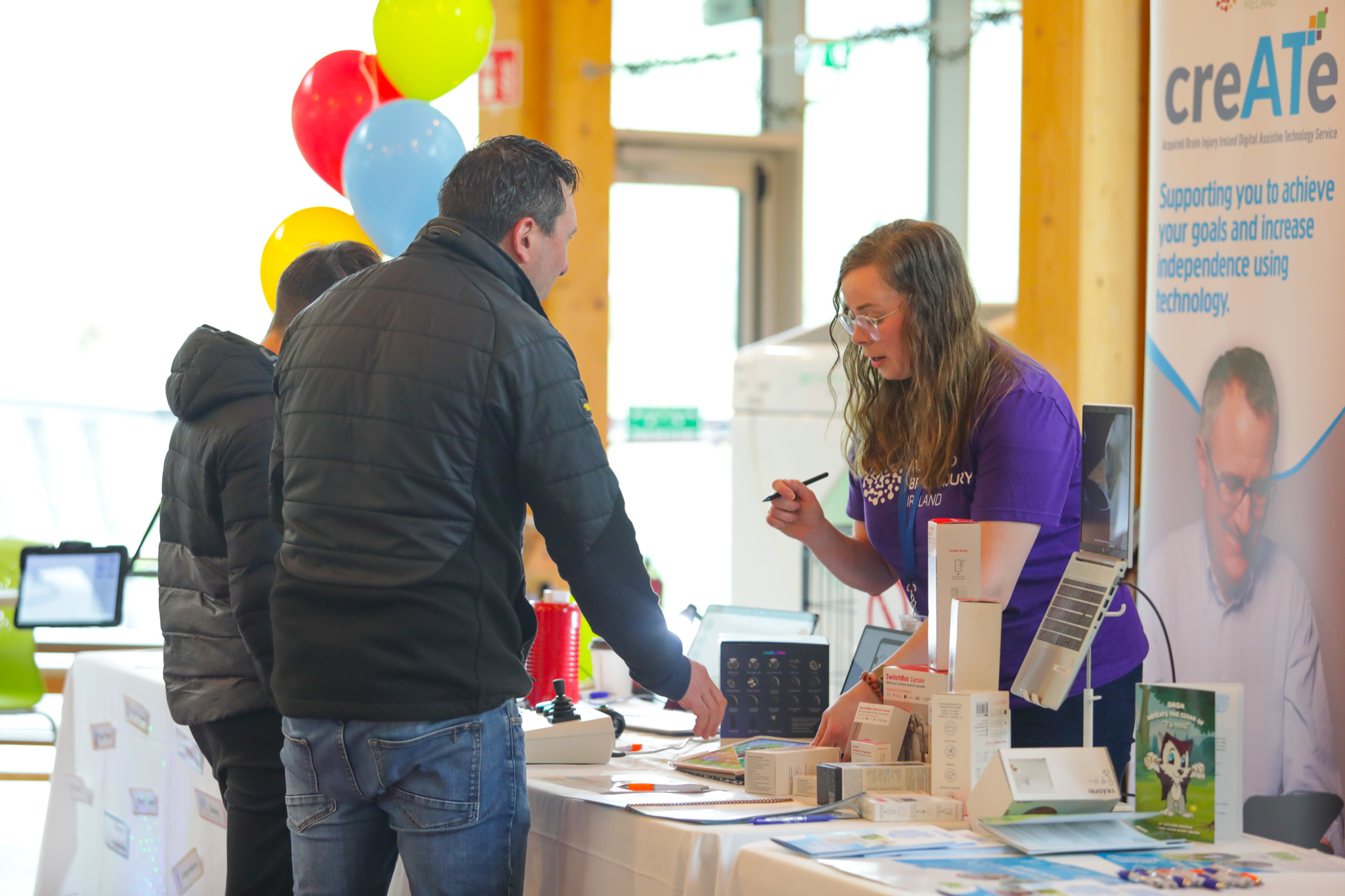 New funding boosts assistive technology programme for brain injury survivors
New funding boosts assistive technology programme for brain injury survivors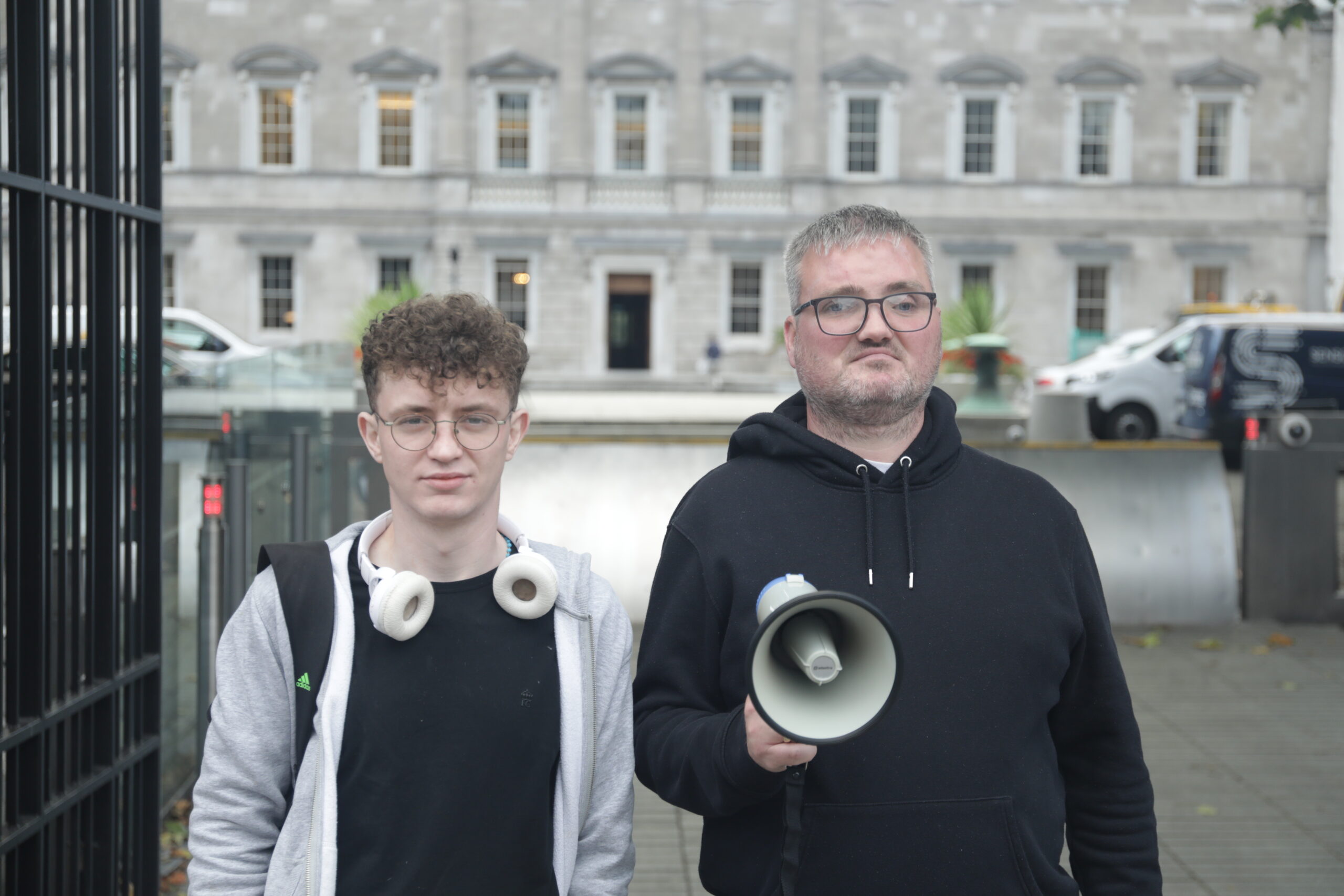 Acquired Brain Injury Ireland calls for €2m in Budget 2026 to fund a national Brain Injury Case Management Service
Acquired Brain Injury Ireland calls for €2m in Budget 2026 to fund a national Brain Injury Case Management Service Strategies for Education for Students (aged 16+) with acquired brain injury
Strategies for Education for Students (aged 16+) with acquired brain injury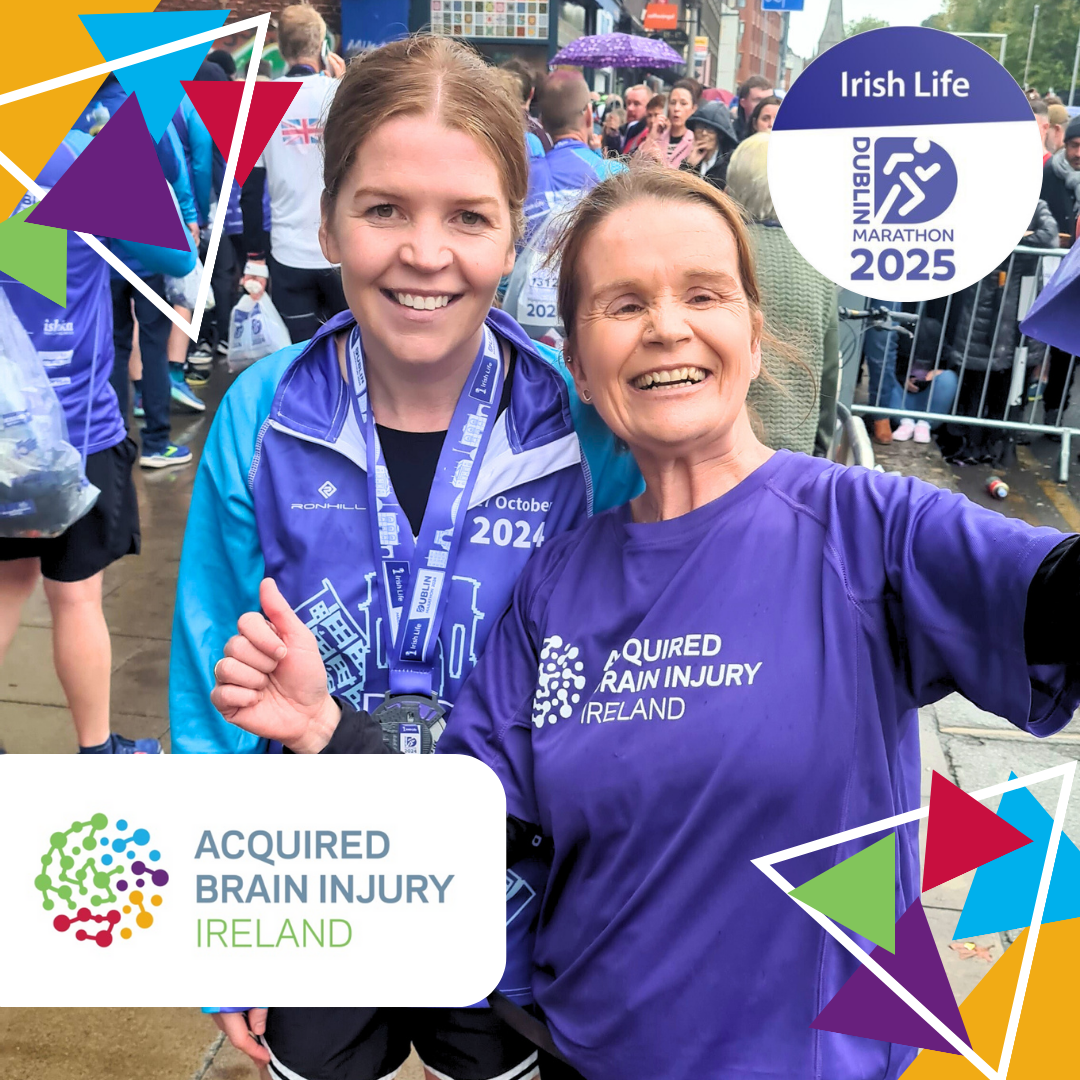 Irish Life Dublin Marathon 2025
Irish Life Dublin Marathon 2025